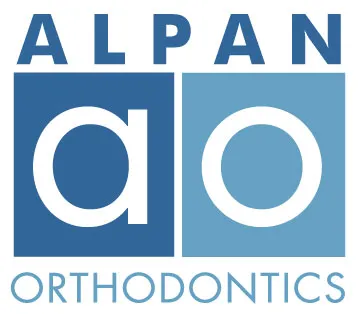LAS VEGAS, NEVADA – The health questionnaire is more than just another page of new patient paperwork to fill out. It is information that tells the orthodontist what the best treatment plan is for you and how to keep you healthy throughout the process.
This means Dr. David Alpan, who provides orthodontics for children and adults, needs the complete and up-to-date medical history of each patient.
“Because orthodontic treatment usually spans an extended period of time, sometimes medical statuses change like prescription medications or a newly-diagnosed condition,” says Dr. Alpan, who offers Damon braces. “Just keep us informed so we can keep you safe and provide the best possible orthodontic experience.”
The health questionnaire, also called a medical history, should include information regarding cardiovascular, blood, respiratory, neurological, liver, endocrine, renal and musculoskeletal system conditions; all medications and supplements; allergies of any kind and whether the patient has an eating disorder. All information is confidential and covered under HIPAA, the health information privacy act.
According to Dr. Alpan, some medications that are commonly prescribed can cause dry mouth, increased plaque or enlarged gum tissue, and we would need to take that into account when determining the ideal orthodontic braces. Children and adults with respiratory disorders might need to avoid intravenous sedation and general anesthesia.
Some neurological conditions present in the orthodontic chair, which means the orthodontist needs to know what could happen. Patients with eating disorders are more susceptible to dental caries, erosion, tooth sensitivity and salivary gland hypertrophy.
“We are not being nosy or judging anyone for medical conditions when we ask for a health history,” says Dr. Alpan, a Larchmont children’s orthodontist. “We just need the information in order to create healthy, long-lasting smiles through orthodontics.”


